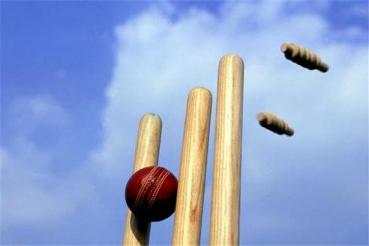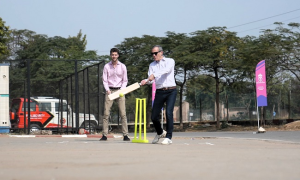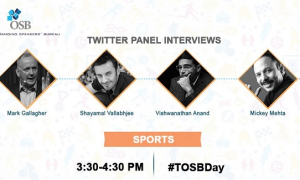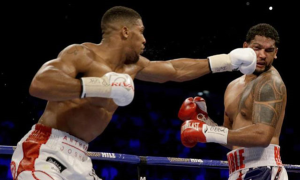The International Cricket Council on October 11th declared that the Umpire Decision Referral System will no longer be mandatory in all cricket matches and made it subject to bilateral agreements between the participating boards. The DRS was first introduced in Test cricket to review contentious decisions made by on-field umpires with the help of technology. It was initially decided to be used mandatory for all Test and One day matches starting from the New Zealand versus Pakistan test match in Dunedin and introduce in One day matches with England’s tour of Australia in 2011. The Executive Board comprising its ten Full Member nations decided to scrap that rule as there were questions raised about its reliability.
The system works in a way where each team is allowed to make two unsuccessful reviews per innings in a match. The fielding team may make use of it to dispute a ‘not out’ call and a batting team may make use of it to dispute an ‘out’ call. At the ICC’S annual executive meeting in June it was decided that infra-red cameras and audio tracking were basic requirements for the DRS whereas when it was first instituted in 2008 the requirements were only of a ball tracker and a clear sound mike which took LBW’s under its purview. The latest announcement however renders LBW decisions impossible as the ball tracker has been omitted.
India has notably been against the DRS from the very beginning and the ugly face of which was shown in the tie between England and India in World Cup 2011 where Indian skipper MS Dhoni called it “an adulteration of human decisions and technology”, after a controversial LBW decision was made. The India-England series provided a number of decisions where Hot Spot did not detect a traceable mark as ICC chief executive Haroon Lorgat called it “not comforting” Also, the cost of using the DRS is $5000 a day making it unaffordable for lesser nations though the previous ruling had an exemption for commercial handicaps among member boards. Ironically, Tuesday saw Pakistan announcing an application of a sponsored DRS for its matches against England and New Zealand to be played later this year to become the first board to do the same.
Evidently, over the past two ICC meetings in Dubai the BCCI has persuasively argued about the DRS and the scrapping also shows the powerful say India as a cricketing body has over other nations. A lot of other former and current players have also voiced their displeasure over the referral system with West Indies maestro Joel Garner calling it a “gimmick” and former umpire Dickie Bird saying that it undermines the role of the on-field umpires. Australian skipper Ricky Ponting after a match in which he was given a lifeline by the DRS said that, “But as always, I wait for the umpire to give me out. That’s the way I’ve always played the game”. With more players voicing their opinions as to not complicate the game by bringing in new modifications and rules, it is left to the ICC to put more research into the technology and come up with one which is more plausible and accurate!
Tags: BCCI, Cricket, DRS, ICC, International Cricket Council, UDRS, Umpire Decision Referral System










